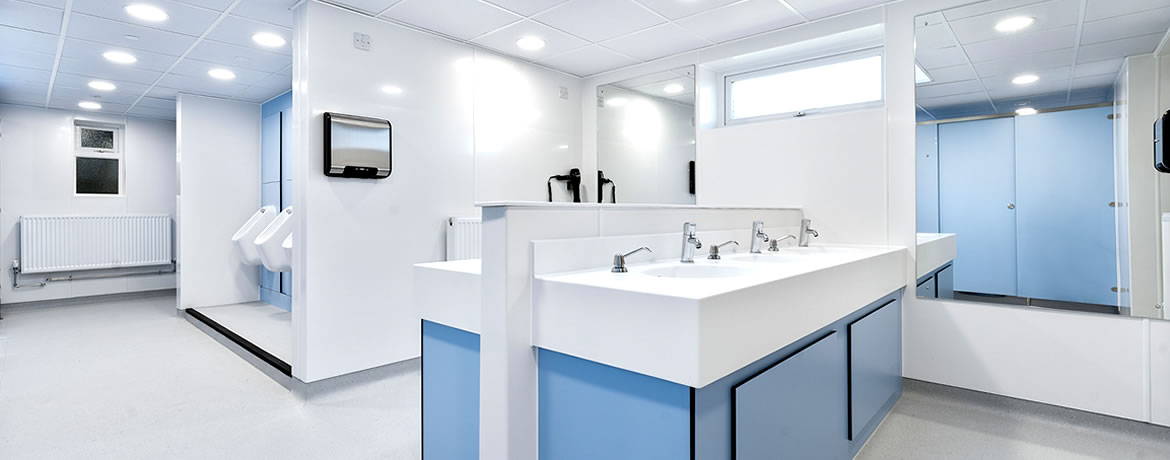FAQs

Ulwell Holiday Park on the South Coast of Dorset has been a popular destination for some time. After many years of use, the Toilet block with Washing and Shower facilities were in need of modernisatio...
Read the articleCheckout using your account
Checkout as a new customer
Creating an account has many benefits:

Ulwell Holiday Park on the South Coast of Dorset has been a popular destination for some time. After many years of use, the Toilet block with Washing and Shower facilities were in need of modernisatio...
Read the article